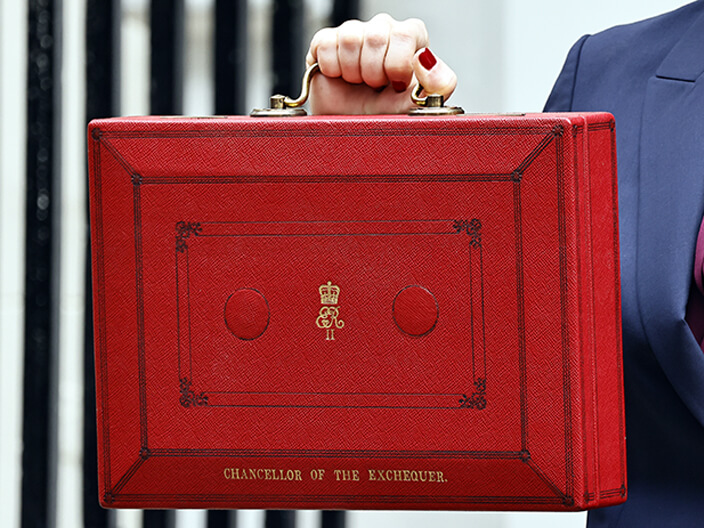Diesel can still, however, be the most economical and cost-effective fuel of choice for company car drivers especially those doing high mileage motorway driving.
Nearly all new diesel engines will come with Diesel Particulate Filters (DPFs) and Adblue, Both systems are designed to significantly reduce harmful emissions produced by diesel engines before they can be released into the atmosphere.
Adblue
AdBlue is only applicable to diesel engines and is an emissions reduction technology used with the existing DPF technology. Diesel cars fitted with Particulate Filters, may not necessarily feature an AdBlue tank. However, cars with an AdBlue tank always feature a Diesel Particulate Filter.
Adblue is a non-flammable, high purity urea solution injected into the exhaust system just ahead of the catalytic converter to reduce the vehicle emissions. It is expected to reduce nitrogen oxide emissions by more than 90%.
The average vehicle will require a litre of AdBlue every 600 miles, this will also increase/decrease depending on your driving style and the make and model of car. Your Adblue tank should be refilled at every service but may need further top-ups depending on the tank size and annual mileage, It is important that you ensure the AdBlue fluid is topped up regularly, according to the manufacturer’s guidelines. Low-level warnings must not be ignored as this causes the vehicle to go into a reduced power mode.
The AdBlue storage tank and filler are positioned differently depending on the model. Typically, the filler cap is located next to the fuel filler or under the rear floor in the boot, although it can be in the engine bay on a van. Please check the vehicle’s handbook to find out the location of the AdBlue tank on your vehicle.
When handling AdBlue it is important to wear protective clothing such as rubber gloves and glasses as the fluid can easily damage surfaces such as vehicle parts, plastic, items of clothing etc.
With London’s Ultra Emission Zone plans for 2020, diesel Euro 6 compliance using Adblue/Diesel Particulate Filters will be essential to avoid the £12.50 daily surcharge. To achieve Euro 6 regulations (which is mandatory in order to meet London’s Ultra Low Emission Zone plans for 2020) most manufacturers are now incorporating this technology into their diesel-powered vehicles.
Diesel Particulate Filters
Diesel particulate filter (DPF) is a filter that captures and stores exhaust soot in order to reduce emissions from diesel cars. Since 2009, and the introduction of the Euro 5 emissions standard, DPFs have been fitted to all new cars with diesel engines.
Diesel particulate filters can only hold a certain amount of soot and, therefore, need to be to be emptied or ‘burned off’ to regenerate the DPF. The Regeneration process only occurs when the filter reaches a sufficiently high temperature allowing the soot to be converted into a much smaller amount of ash. On most systems the engine must be driven at sufficient speed, around 50mph, to ensure a high enough temperature that the exhaust gas is reached. Due to the need to regenerate it is recommended to stay away from diesel engines for town only driving.
Most new diesel cars do however have Active regeneration. Active regeneration will be initiated every 300 miles or so depending on how you use your car and will take 5 to 10 minutes to complete. If the car is not driven in a way that enables automatic regeneration an excessive amount of soot will build up which, if ignored, will reduce the performance of the vehicle and potentially damage the filter.
If the warning light is ignored, it will cause damage to the vehicle which will NOT be covered under the manufacturer’s warranty or a maintenance agreement. A replacement DPF filter can cost as much as £1,500 or much higher for some brands.
Do all DPFs require regeneration?
The vast majority of modern diesel vehicles have diesel particulate filters that require the vehicle to be driven in order to activate the regeneration cycle, however, not all require this method. Some have systems that can heat up the particulate filter and regenerate it without the need for a higher speed drive cycle. Some inject fuel into the filter which burns thereby increasing the temperature in the filter while others have heaters built into the filter.
You can find out what type of DPF filter is fitted to your vehicle via the manufacturer’s website or by checking the vehicle’s handbook.
Is a diesel vehicle suitable for my needs?
If you are mainly driving in town or in urban areas the DPF is likely to reach capacity much sooner. At this point you will need to regenerate the filter by driving the vehicle at a higher speed (typically 50mph or above) for at least 20 minutes. If you don’t think your driving style is going to achieve this a petrol, petrol hybrid or electrically fuelled vehicle may be more suitable for you.
Should you have any questions regarding Adblue and Diesel Particulate Filters or if you are simply looking to add a new vehicle to your fleet, get in touch today.





